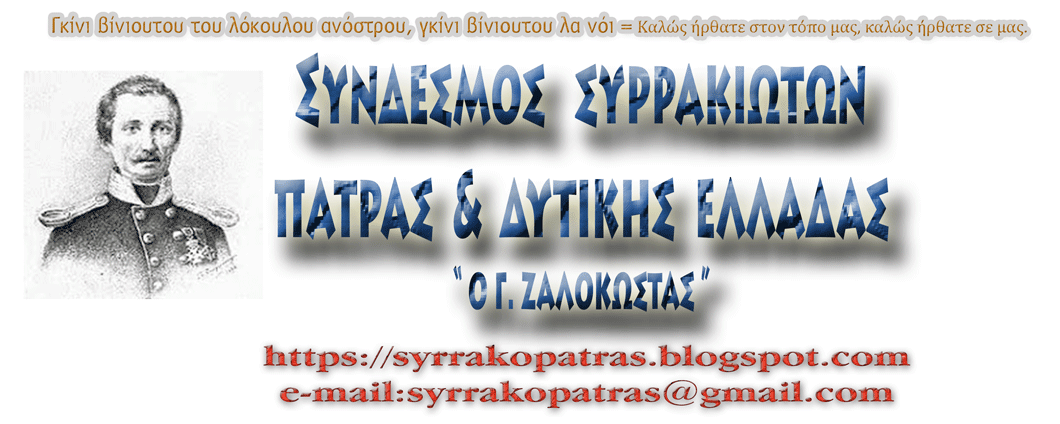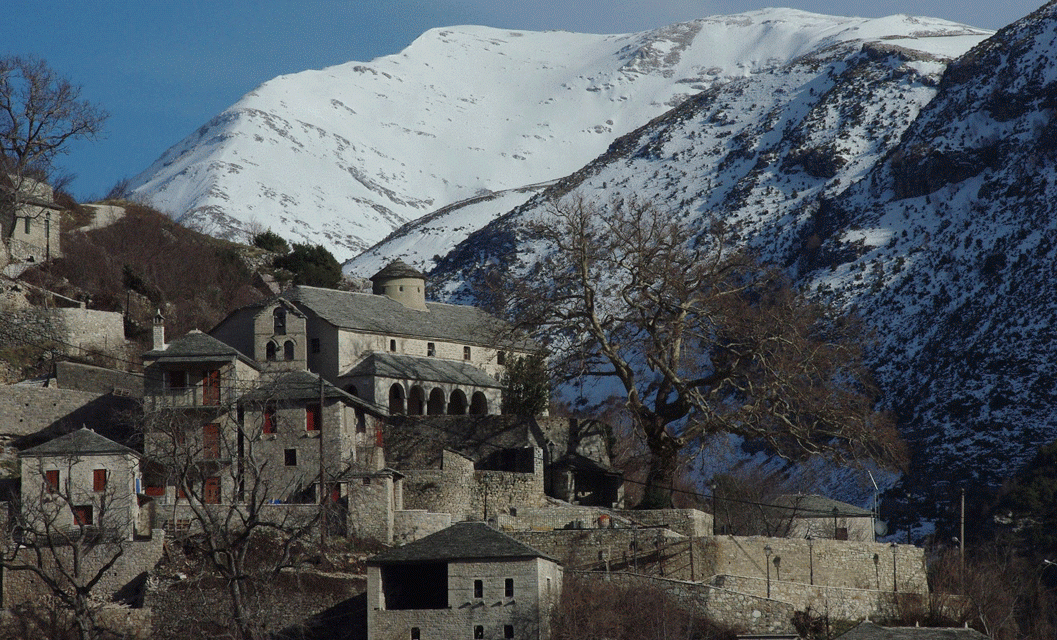Από το Σύνδεσμο Συρρακιωτών Αθήνας λάβαμε τα παρακάτω ευχάριστα νέα:
ΑΝΑΚΟΙΝΩΣΗ
Με μεγάλη χαρά και περηφάνια σας ενημερώνουμε ότι, εντάχθηκε στον Παγκόσμιο Κατάλογο Άυλης Πολιτιστικής Κληρονομιάς της Ανθρωπότητας με απόφαση της Γενικής Συνέλευσης της UNESCO στις 30/11/2022, "Ο εορτασμός του 15αύγουστου σε δύο ορεινές κοινότητες της Ελλάδας. Τρανός χορός στη Βλάστη Κοζάνης και Πανηγύρι στο Συρράκο Ιωαννίνων".
Σε αναμονή και της επίσημης ανακοίνωσης του Υπουργείου Πολιτισμού και Αθλητισμού, μπορείτε να δείτε την ανακοίνωση της UNESCO που έχει αναρτηθεί και στο fb του Συνδέσμου Συρρακιωτών Αθήνας.
(κέντε "κλικ") Η απόφαση της UNESCO
August 15th (Dekapentavgoustos) festivities in two Highland Communities of Northern Greece: Tranos Choros (Grand Dance) in Vlasti and Syrrako Festival
Inscribed in 2022 (17.COM) on the Representative List of the Intangible Cultural Heritage of Humanity
The Tranos Choros (Grand Dance) and Syrrako festival are celebrated nationwide in Greece to commemorate the Dormition of the Virgin Mary. Historically, these Orthodox festivities originating in Vlasti and Syrrako marked the annual reunion of pastoral communities before the sheep or cattle farmers moved to their winter pastures. Although the population of most highland communities has greatly diminished, today the festivals are associated with the reunion of the communities whose inhabitants have migrated to cities. The main feature of both festivals are the ritualistic dances. For the Tranos Choros in Vlasti, dancers of all ages form a large open circle, holding hands and dancing to a slow and imposing rhythm while singing a cappella. In the Syrrako Festival, a band and singers accompany the dance. In the communities, youth learn the customs by watching the participants and preparations from an early age. Today, cultural organizations also play a key role in transmitting the dances and cultural context. The festivities are viewed as a celebration of both villages’ identities, providing an opportunity for younger generations to connect with their cultural heritage. In Syrrako, the festival is also an opportunity for older villagers to speak their native language, Vlach, which is in gradual decline.





